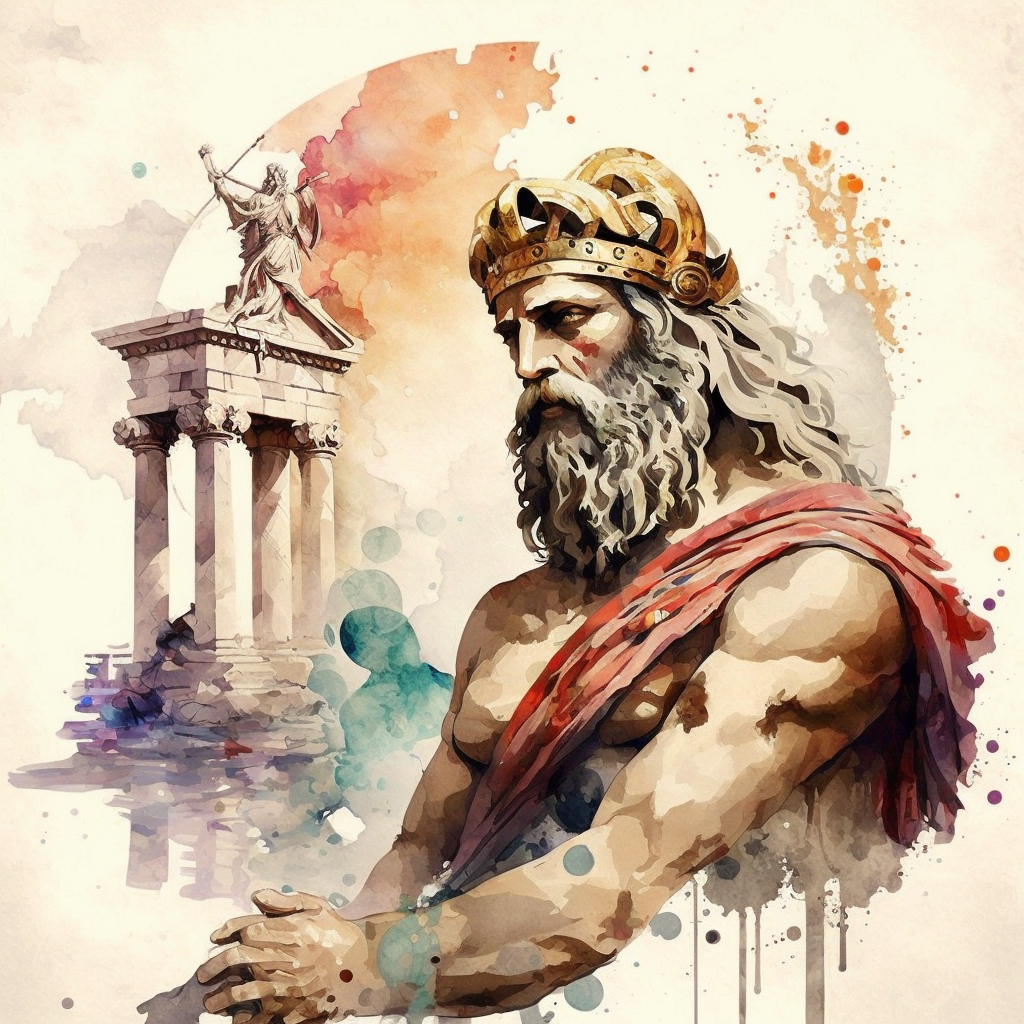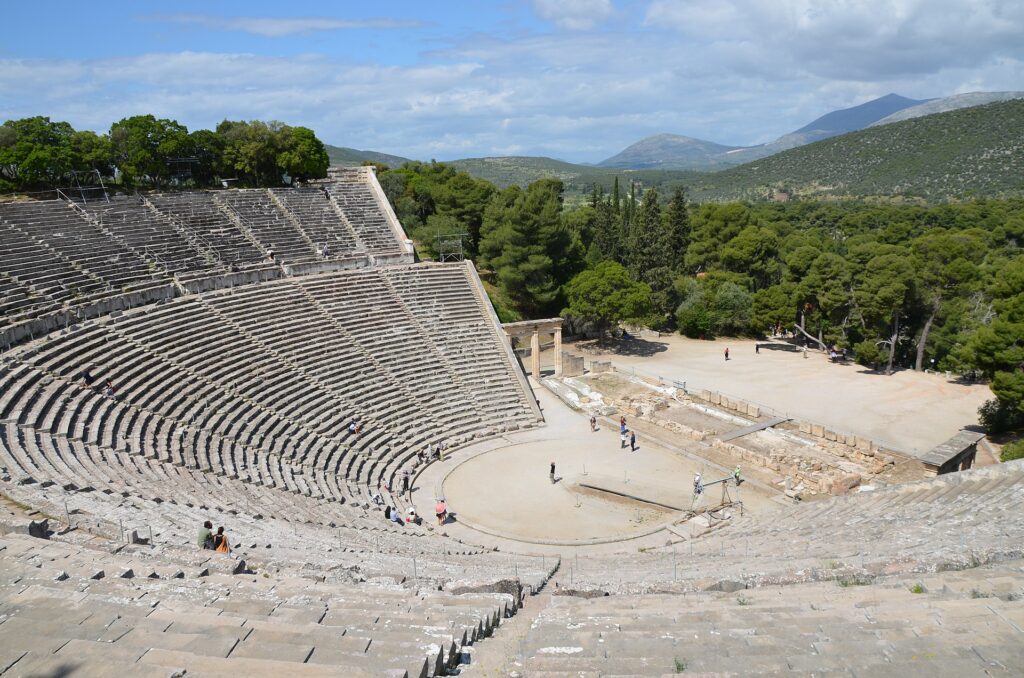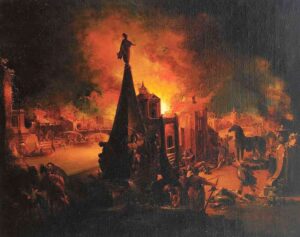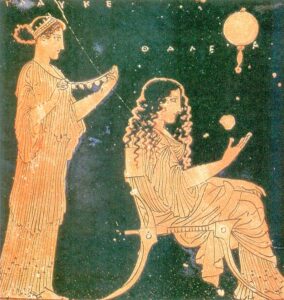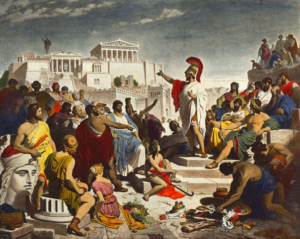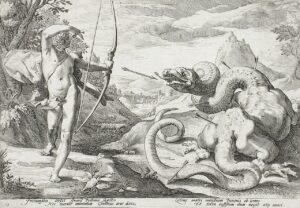The culture of ancient Greece was one of the most influential and significant in Western civilization. It was marked by a love of wisdom, a passion for beauty, and a spirit of inquiry. The ancient Greeks made significant contributions in many areas, including philosophy, literature, art, architecture, and politics. This article provides an overview of Greek culture, exploring its major contributions to the world and its lasting impact on Western civilization.
Art and Architecture in Ancient Greek Culture
The ancient Greeks made important contributions to art and architecture. Ancient Greek art was characterized by its realism and idealism, striving to capture the beauty of the human form and the natural world. The Greeks are known for their sculptures, particularly their marble sculptures, which featured lifelike depictions of the gods, heroes, and everyday people. They also produced pottery and metalwork.
Famous Greek sculptures include the Winged Victory of Samothrace and the famous statue of Zeus at Olympia. Unfortunately, the Zeus statue at Olympia no longer exists, but it still stands as an amazing accomplishment of art in ancient Greece.
They are known for their beautiful sculptures and buildings, such as the Parthenon in Athens. In fact, the Acropolis of Athens held many different significant temples that highlighted the impressive feats of Ancient Greek art and architecture.
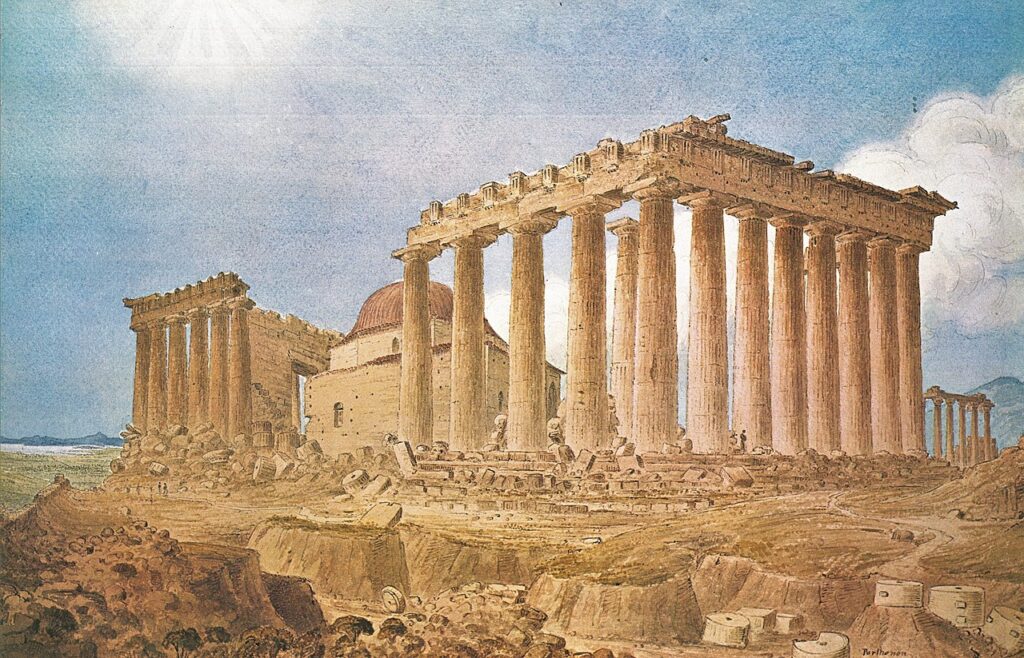
Philosophy in Ancient Greek Culture
Ancient Greek philosophy was one of the most influential in the ancient world, with philosophers such as Socrates, Plato, and Aristotle leaving a lasting impact on Western thought. The Greeks were fascinated by the nature of reality and the workings of the universe, leading to the development of a wide range of philosophical schools. The most famous academy was the Academy of Athens, which was founded by the philosopher Plato. The Academy of Athens was a center of learning and research, and it was there that Plato and his students, including Aristotle, studied and taught.
The philosophical advancements of ancient Greece led to political changes. For instance, the ancient Greeks developed a system of democracy and citizen participation that was unique in the ancient world and has had a profound influence on Western political thought. The political system of Athens, where citizens participated directly in the government, was considered a model for future democratic societies.
Literature in Ancient Greek Culture
The ancient Greeks also wrote some of the greatest works of literature in the Western world, including the works of Homer, Sophocles, and Plato. Ancient Greek literature was an important part of Greek culture, with works such as the Iliad and the Odyssey by Homer and the plays of Sophocles, Euripides, and Aristophanes. These works continue to be widely read and studied, exploring themes such as love, war, politics, and the human condition.
Mythology in Ancient Greek Culture
Mythology was an integral part of ancient Greek culture, providing a rich pantheon of gods and goddesses and a fascinating array of myths and legends. The Greeks believed in the power of the gods and the role they played in their lives, and the myths and legends served as a way of explaining the world around them. The mythology of the ancient Greek gods played a role in the daily life of the ancient Greek people and influenced ancient Greek culture.
The most important gods and goddesses were the twelve Olympians, who were believed to reside on Mount Olympus, the highest mountain in Greece. The Olympians were led by Zeus, the king of the gods, and included his brothers Poseidon and Hades, as well as his sister Hera, and his children Athena, Apollo, Artemis, Ares, Aphrodite, Hermes, Dionysus, and Hephaestus.
